Keywords: Christianity
There are more than 200 results, only the first 200 are displayed here.
-
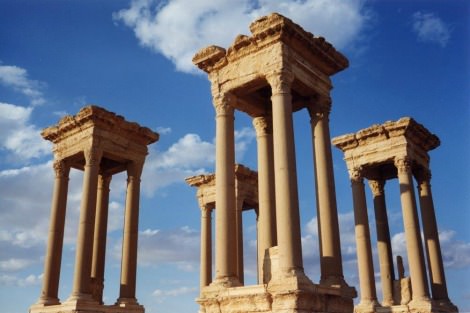
INTERNATIONAL
- Brigitte Dwyer
- 24 February 2017
6 Comments
To many in the West, we are living in a time of despair, an era of nihilism and meaninglessness, signified by growing violence, environment degradation and, most importantly, political chaos. This combination of events, and the sense of hopelessness that accompanies them, can easily be seen as markers of doom, a sign that the era of Western culture is in terminal decline. But it's also possible to interpret them as indicators of the malaise that marks the very peak of life.
READ MORE 
-
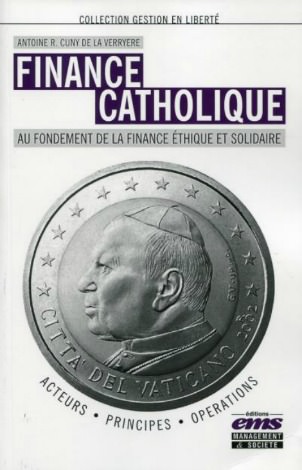
AUSTRALIA
- Michael Walker
- 20 February 2017
20 Comments
The presidency of Donald Trump should bring a renewed focus on the dangers of unbridled capitalism. The Catholic Church has a rich trove of teachings on the subject that have been missing in action for the past 30 years. Now is the time for a well-articulated Christian message addressing such issues as widening wealth inequality fuelled by stagnant wage growth, the privatisation of public services, the financialisation of the economy (which fuels both of those trends), and tax justice.
READ MORE 
-
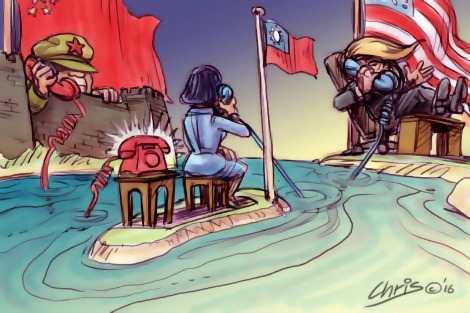
INTERNATIONAL
- Jeremy Clarke
- 09 December 2016
2 Comments
Trump's phone call with Tsai Ing-wen is to diplomacy what Happy Gilmore's slap shot was to the Pro Golf Tour. It defies all convention, is appallingly out of context, and should not even work, but it might just augur a new way of doing things. That conversation disrupted previous norms, some of which resulted from decades of delicate, often secret, negotiations. In the midst of the confected outrage it is worth considering the event within the context of contemporary US-China relations.
READ MORE 
-
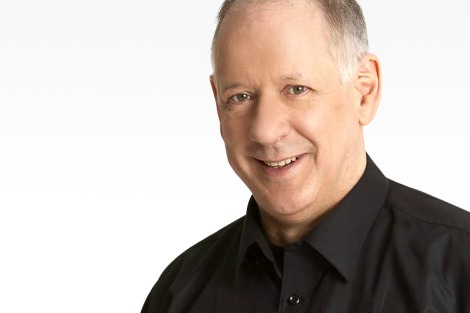
MEDIA
- Kasy Chambers
- 05 December 2016
21 Comments
There has been a slow trickle of news outlets in Australia winding back their coverage of religion over recent years. Some might argue that this is a good thing in a secular democracy, and that discussion of religion creates division. This however flies in the face of the overwhelming good that religious belief, and religious-based organisations, do in this country. Not to mention the fact that religion and ethics are a major part of the narrative of society, of how we live together and how we form a community.
READ MORE 
-
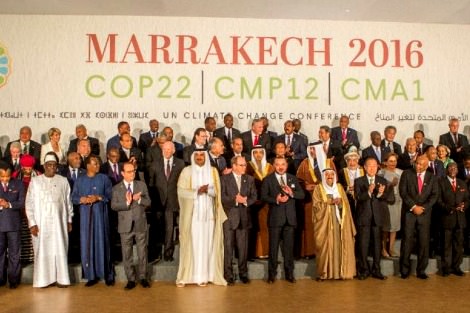
ENVIRONMENT
- Thea Ormerod
- 17 November 2016
9 Comments
The evangelical Christian vote no doubt assisted the climate-denying Trump to his election victory, yet it is remarkable how out-of-step it is with the general view of faith communities globally. This view was made abundantly clear the day after Trump's victory on 10 November, with the release of an Interfaith Statement in Marrakech, Morocco, and it should stand as a challenge to those in public life who continue to block climate action.
READ MORE 
-
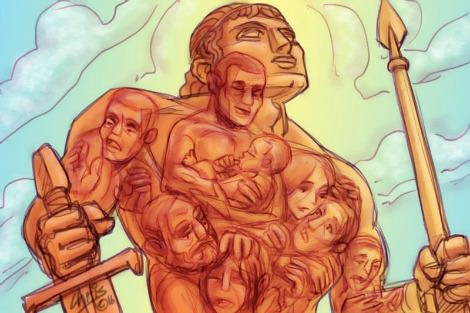
AUSTRALIA
- Adolfo Aranjuez
- 28 October 2016
10 Comments
After sending me to live in Australia, my father tasked my then brother-in-law (a true-blue 'bloke') with teaching me to 'be a man'. He failed, but here was evidence of hegemonic masculinity's perpetuation. My father and I were born into a masculine culture that, unlike Australia's stoicism, is characterised by braggadocious chest-puffing. Yet underpinning both Australia's and the Philippines' conceptions of masculinity is the masking of vulnerability: emotions hide behind silence and bravado.
READ MORE 
-
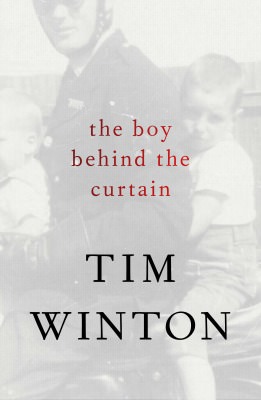
ARTS AND CULTURE
- Tim Kroenert
- 26 October 2016
1 Comment
'When I was a kid I liked to stand at the window with a rifle and aim it at people.' So begins the opening, titular essay. It is a singularly arresting entre to an essay that charts the author's complex relationship with firearms (part awe, part terror), by way of commenting on the place of guns in Australian society. In this collection of essays Winton adopts this mode frequently, weaving (sometimes deeply) personal narratives into stirring, thoughtful commentary on a broad range of social and political issues.
READ MORE 
-
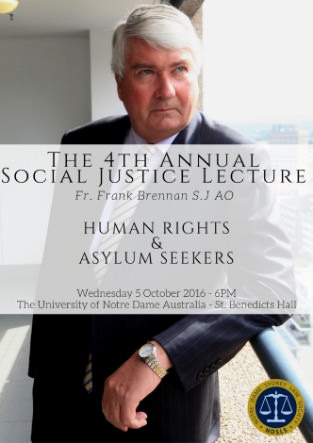
AUSTRALIA
- Frank Brennan
- 06 October 2016
8 Comments
Australia's policy is unique and unrepeatable by other nations because it requires that you be an island nation continent without asylum seekers in direct flight from the countries next door and that you have access to a couple of other neighbouring island nations which are so indigent that they will receive cash payments in exchange for warehousing asylum seekers and proven refugees, perhaps indefinitely. The policy over which Turnbull presides is not world best practice. It's a disgrace.
READ MORE
-

RELIGION
- Frank Brennan
- 23 September 2016
18 Comments
'No good will be served by a royal commission auspiced by the state telling a Church how it judges or complies with its theological doctrines and distinctive moral teachings. By all means, set universal standards of practice expected of all institutions dealing with children, but do not trespass on the holy ground of religious belief and practice.' Fr Frank Brennan SJ addresses the Freedom for Faith Conference in Melbourne, 23 September 2016.
READ MORE
-
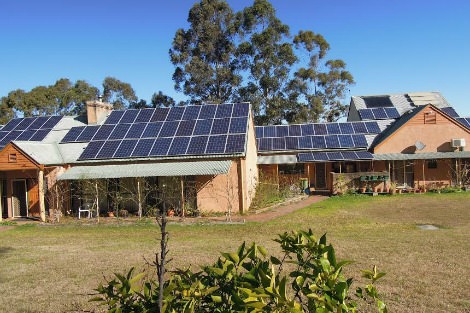
ENVIRONMENT
- Thea Ormerod
- 09 September 2016
10 Comments
With the grip of climate change tightening, few seem to understand the urgency of the crisis. This is why the announcement of over 3500 churches in the UK switching to clean power is so significant. At last, a solution presented by religious communities that matches the scale of the problem. They are providing the kind of leadership for the needed transition to an ecologically sustainable future. Unfortunately, one reason why it is so exciting is that we're nowhere near this in Australia.
READ MORE 
-
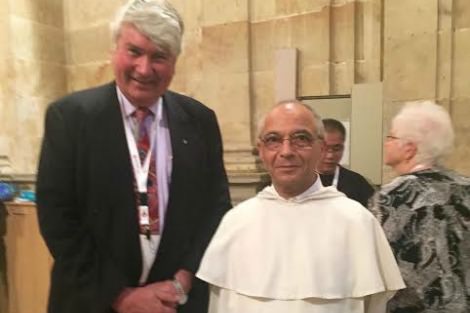
INTERNATIONAL
- Frank Brennan
- 05 September 2016
1 Comment
'I am a Jesuit amongst Dominicans contemplating the Church's view of human rights. I am a human rights practitioner rather than a theologian, aware that human rights discourse is increasingly more universal and secular. Contemplating, preaching and enacting human rights in the 21st Century Church and World, I come asking two questions.' Frank Brennan's keynote presentation in Salamanca Spain to the International Congress of Dominicans in the Promotion and Defence of Human Rights: Past, Present, Future on the occasion of their 800th anniversary.
READ MORE
-
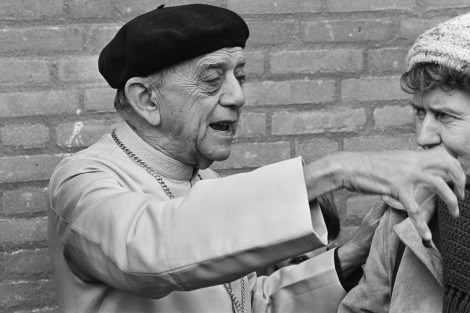
RELIGION
- Ann Deslandes
- 02 September 2016
19 Comments
Many Brazilians remember the 'Red Bishop' as much more than a defender of human rights. For these people, Helder Camara is included reverently in the litany of rogues who drew the ire of church and state authorities by demanding both do a better job of embodying a message of social justice. It was a powerful idea to grow up with: that this imposing and defining institution I had been born and baptised into contained a rebellious truth that often demanded we go against the institution's own grain.
READ MORE 